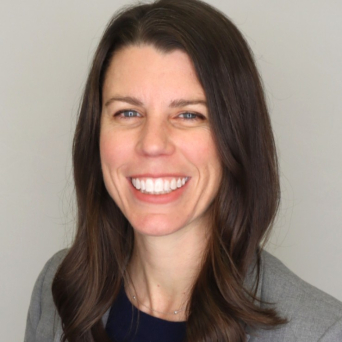This presentation will review empirically supported best practices for the screening and diagnosis of Attention Deficit Hyperactivity Disorder (ADHD) in adults. The content will cover who to screen and how to screen, an overview of the diagnostic process, and specific tools and recommendations related to accurately measuring current symptoms, assessing and making judgments about clinically significant functional impairments. In addition, how to establish childhood history in adults, careful differential diagnosis of ADHD versus mimicking conditions, and how to navigate challenging diagnostic scenarios in an era of self-diagnosis will also be covered.
FREE Training
Audience: psychologists, behavioral health and licensed mental health professionals
Instructional Level: Intermediate
Speaker: Dr. Margaret Sibley
This training is approved for 2.75 continuing education (CE) credits for psychologists* and Nebraska LMHP/LIMHP. Credits will be awarded to participants who attend the entire training.
*Continuing education for psychologists may be used by other licensed behavioral health professionals. Please check with your licensing board. Continuing education credit is granted on a one credit per one instructional hour basis.
The University of Nebraska Public Policy Center (NUPPC) is approved by the American Psychological Association to sponsor continuing education for psychologists. The NUPPC maintains responsibility for this program and its content.
OBJECTIVES
- Identify the core components of evidence-based assessment of ADHD in adults.
- Explain best practices in accurate measurement of ADHD symptoms.
- Describe low value practices that may lead to misdiagnosis (over or under diagnosis) of adult ADHD.
Sponsored by the Nebraska Department of Health and Human Services Division of Behavioral Health and the University of Nebraska Public Policy Center.
Margaret Sibley has an Other Financial or Material Support interest in Guilford Press-Book, a company which could potentially benefit from the outcomes of this activity. Because of the perception of a conflict of interest and in the interest of full transparency, they are disclosing this relationship with Guilford Press to training participants. If you have questions or concerns, please contact NUPPC (apa-nuppc@unl.edu).

